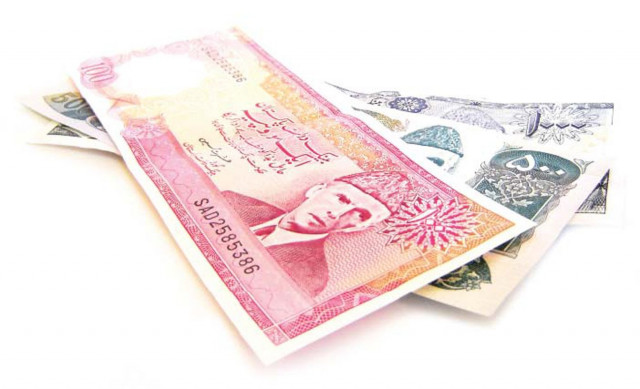Counting the cost: Rs5b monthly burden on public purse
Decision to reverse petrol price hike sends wrong signal to international donors, places additional Rs5b burden.

Independent experts say the government has portrayed itself to be a “lame duck” giving a negative signal to donors that it cannot stand by its own decisions. Experts term the decision the “death of the economic reforms agenda”.
“The message international donors have received is that if the government cannot absorb the pressure on petrol prices then how can it take up major economic reforms,” said Dr Ashfaque Hasan Khan, Dean of Business School of NUST. He said the decision will not help control inflation, as the benefit of reversing prices will be lost by borrowing money from the State Bank of Pakistan to give subsidies and cover revenue loss.
The government borrowed Rs327 billion from the central bank in six months to finance the budget deficit – a gap between income and spending. The provisional figures show that the budget deficit from July through December soared to 2.9 per cent of the total size of the economy or Rs496 billion. The central bank has labelled the government borrowing inflationary.
The reversal of decision comes at a time when the International Monetary Fund has extended the suspended $11.3 billion bailout programme for nine months till September 2011. The fund is currently discussing with Islamabad to send its team for negotiating parameters for a fifth review of the economy and release of $1.7 billion sixth loan tranche. The IMF team is likely to reach Islamabad in the last week of January. Under the IMF programme, Pakistan abolished the oil subsidy regime in 2009.
“The government is in minority and it is a political decision, not an economic one,” said Dr Hafiz Pasha, the former finance minister.
The Parliamentary Committee will devise a strategy to pass on the increase to the end consumers within a week. An official of the Oil and Gas Regulatory Authority said the oil prices are like to surge further in the international market due to a rise in demand in China, Europe and America. He said the current trend cannot be solely termed “seasonal spike”, as China has started generating power by using diesel.
The decision may also delay the due 4.3 per cent increase in electricity prices. The government had earlier decided to increase electricity prices by 2 per cent a month aimed at gradually phasing out subsidy. It had enforced a 4 per cent increase in tariff while the third and fourth phase of these staggered spikes are overdue. Officials have estimated Rs224 billion annual subsidy, provided the government fails to phase out subsidy and take crucial decisions relating to the power sector. All this will lead to a soaring gap between the income and spending and a consequent borrowing to bridge it, which is inflationary.
Published in The Express Tribune, January 7th, 2011.



















COMMENTS
Comments are moderated and generally will be posted if they are on-topic and not abusive.
For more information, please see our Comments FAQ